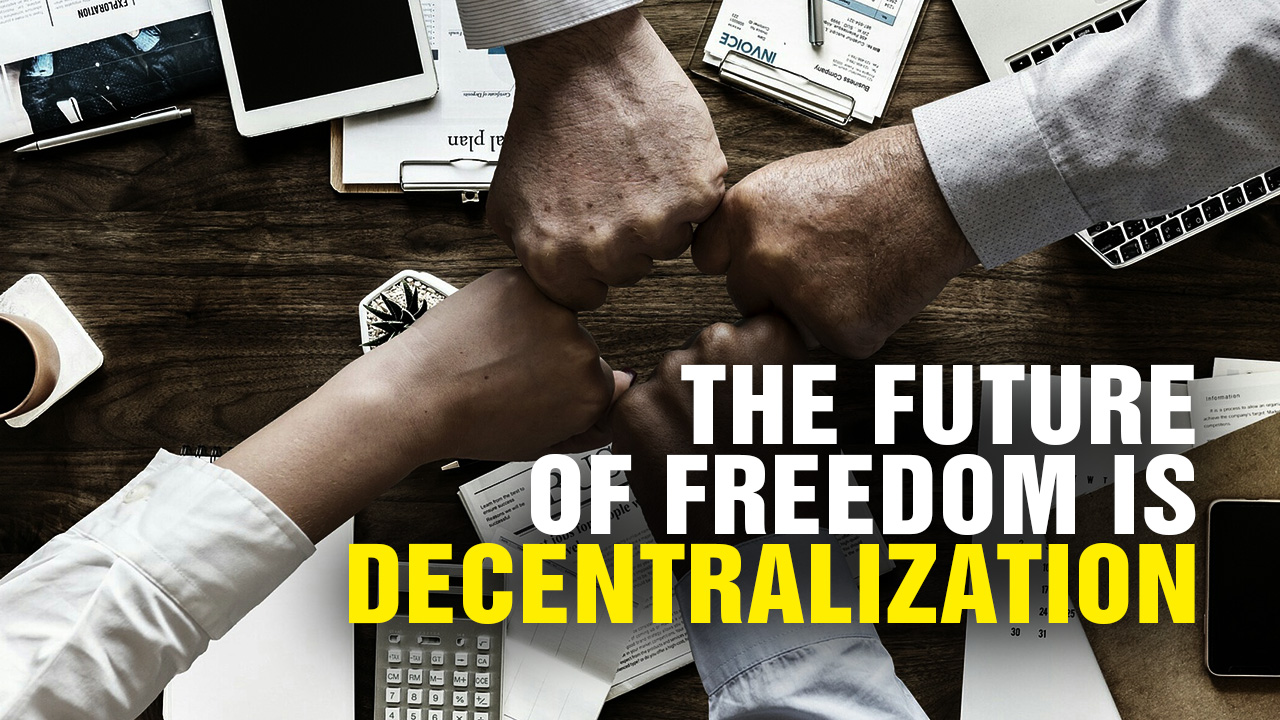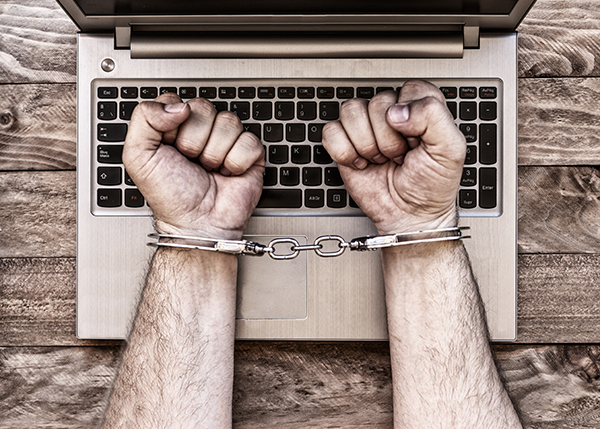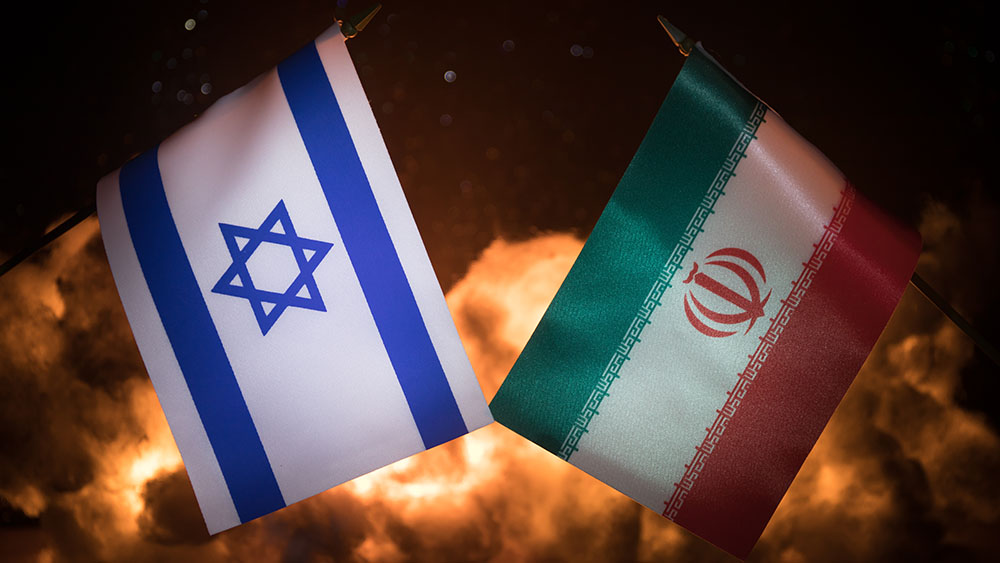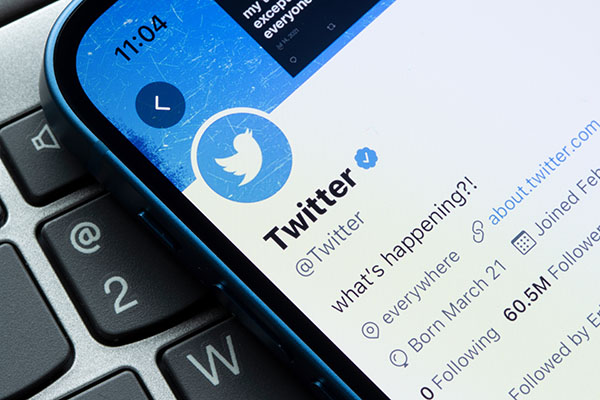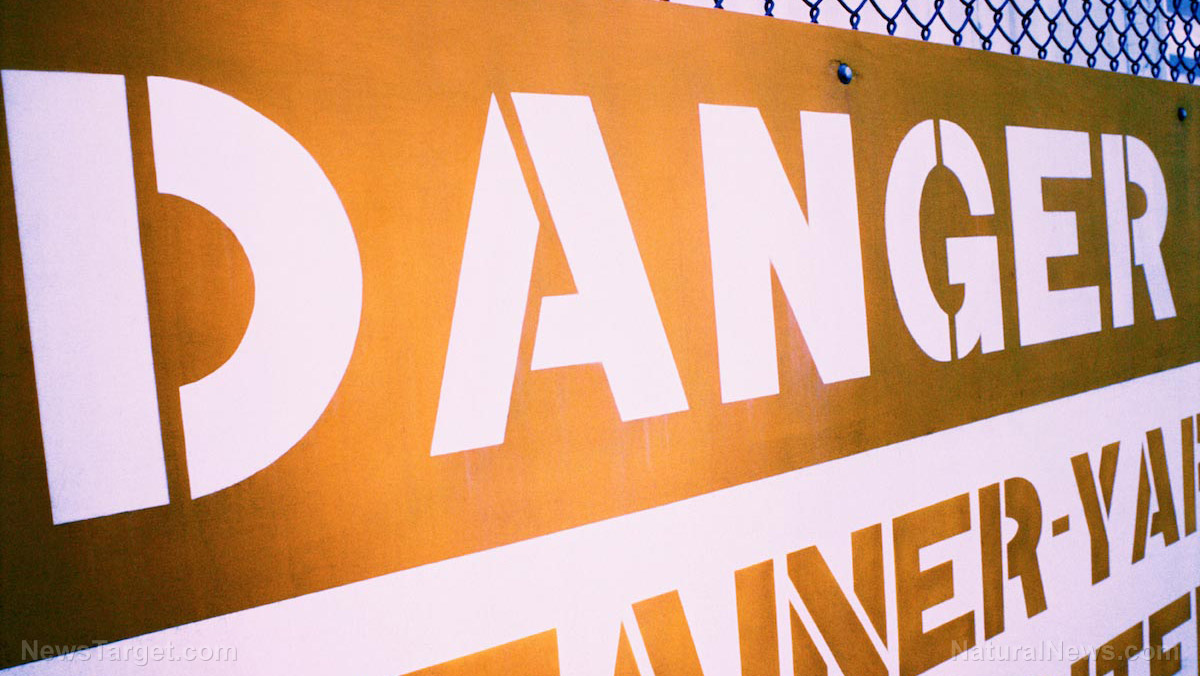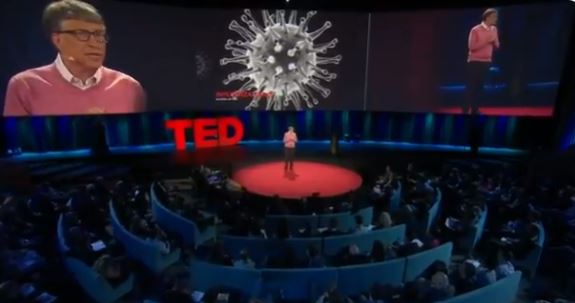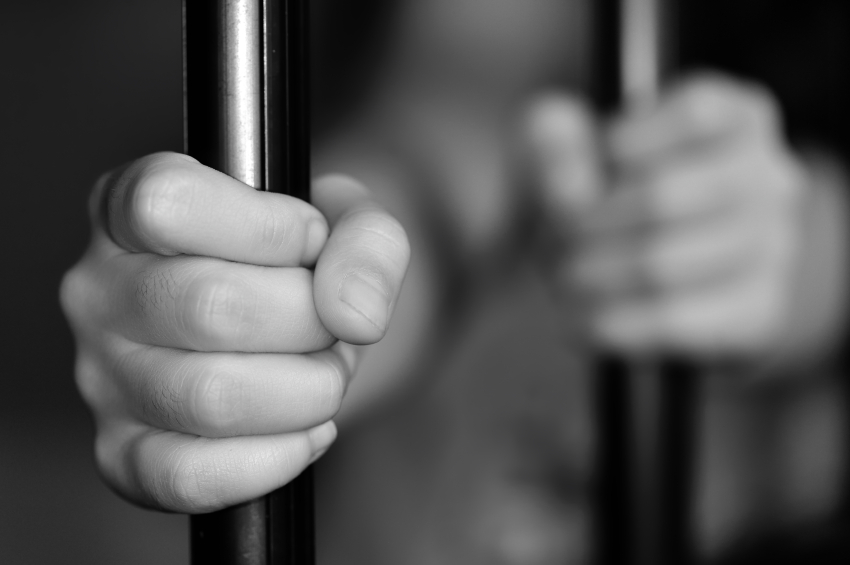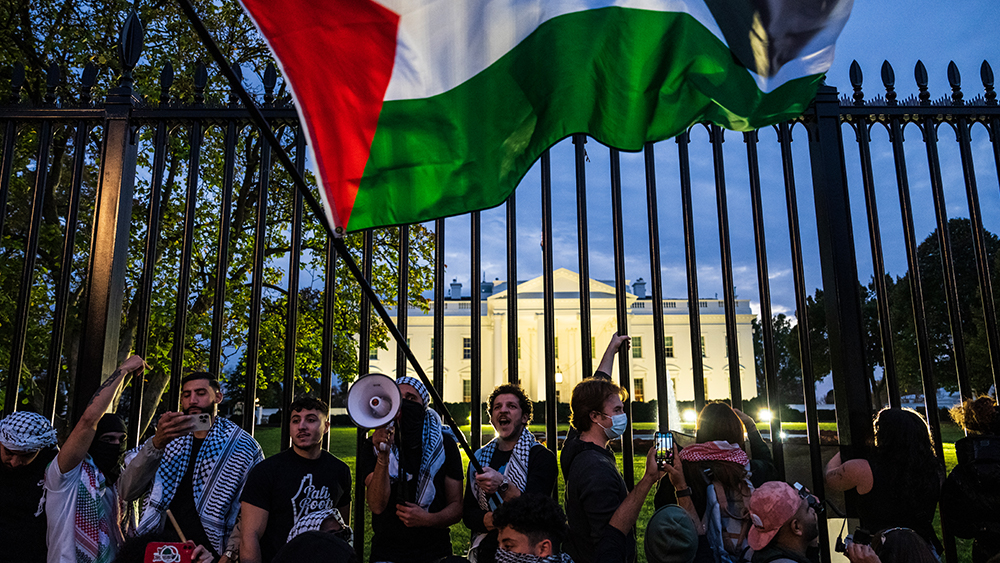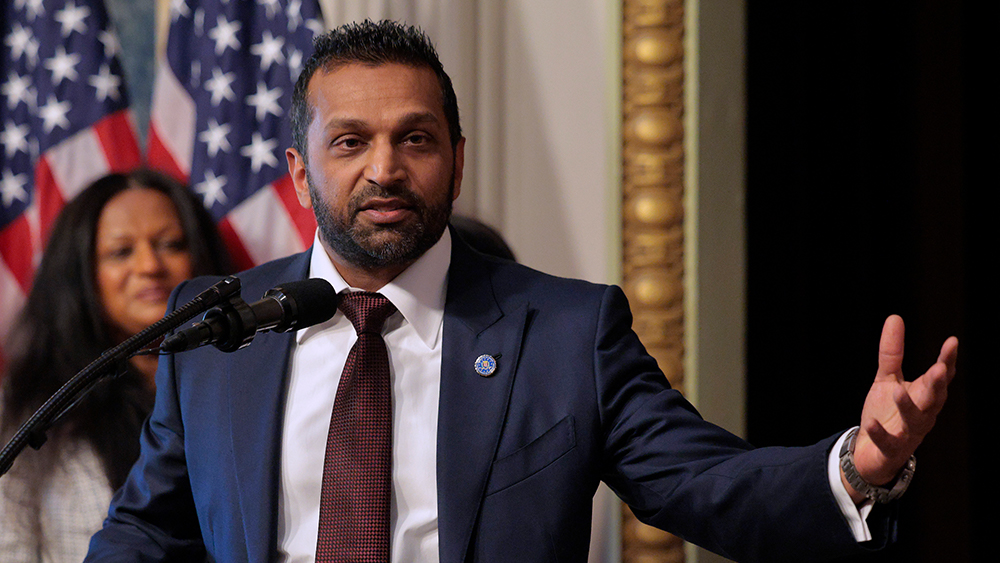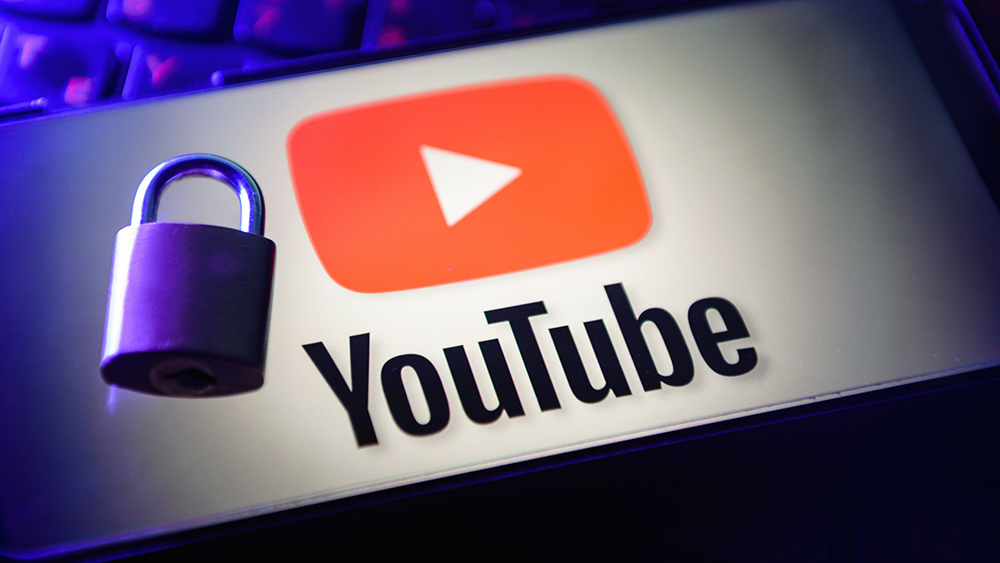Trump grants TikTok another 90-day reprieve as ByteDance struggles to secure U.S. buyer
06/19/2025 / By Cassie B.
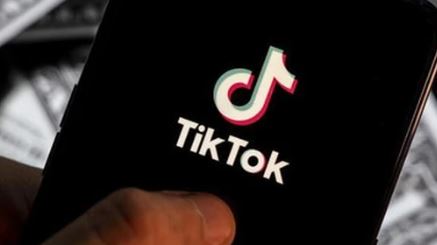
- President Trump extends TikTok’s deadline by 90 days, delaying a potential ban as ByteDance negotiates a sale.
- The extension follows a 2024 law requiring ByteDance to sell TikTok over national security concerns.
- Trump expresses optimism that China’s President Xi will approve a deal despite Beijing’s history of blocking sales.
- No buyer has emerged yet, with key sticking points including TikTok’s algorithm and Chinese approval.
- Trump balances national security worries with TikTok’s cultural influence, diverging from Congress’s hardline stance.
In a move that keeps TikTok alive in the U.S. for at least three more months, President Donald Trump will sign an executive order extending the deadline for ByteDance, TikTok’s Chinese parent company, to sell the app or face a nationwide ban. The White House announced the decision Tuesday, marking the second extension since Trump returned to office, as negotiations drag on with no buyer yet emerging.
The extension follows a 2024 bipartisan law mandating ByteDance’s divestment over national security concerns, with Trump expressing cautious optimism that Chinese President Xi Jinping will approve any eventual deal despite Beijing’s history of obstructing such sales.
TikTok’s uncertain future
The latest 90-day extension pushes the deadline to mid-September, buying time for ByteDance to finalize a deal that would transfer TikTok’s U.S. operations to American ownership. The original April 5 deadline had already been extended once, but with no viable buyer stepping forward, Trump has opted to delay enforcement yet again.
“As he has said many times, President Trump does not want TikTok to go dark,” said White House press secretary Karoline Leavitt. “This extension will last 90 days, which the Administration will spend working to ensure this deal is closed so that the American people can continue to use TikTok with the assurance that their data is safe and secure.”
The saga traces back to 2024, when Congress passed a law requiring ByteDance to sell TikTok or face a U.S. ban, citing fears that the Chinese government could exploit the app to spy on Americans or manipulate public opinion. The Supreme Court upheld the law earlier this year, but Trump, who joined TikTok last year and now boasts more than 15 million followers, has repeatedly intervened to prevent the app from being shut down.
A political tightrope
Trump’s stance puts him at odds with Congress, which overwhelmingly supported the divest-or-ban measure. Yet the President has framed his extensions as pragmatic, balancing national security concerns with the app’s cultural and economic impact. “I have a warm spot in my heart for TikTok, because I won youth by 34 points,” Trump said in December, even though polling showed most young voters backed his Democratic opponent.
The President’s optimism hinges on China’s cooperation, a factor that has repeatedly stalled negotiations. “We’ll probably have to get China approval,” Trump told reporters Tuesday. “I think we’ll get it. I think President Xi will ultimately approve it.”
However, Beijing has historically resisted foreign divestment of Chinese tech assets, and earlier this year, ByteDance acknowledged that any deal would require approval under Chinese law—a major hurdle given escalating U.S.-China tensions.
Who wants to buy TikTok?
Several high-profile investors have expressed interest, including Oracle co-founder Larry Ellison, a longtime Trump ally, and a consortium featuring billionaire Frank McCourt, investor Kevin O’Leary, and Reddit co-founder Alexis Ohanian. YouTube star MrBeast (Jimmy Donaldson) has also floated the idea of joining an investor group. Yet no deal has materialized, and analysts remain skeptical. “What ban? There is nothing ‘looming’ about the potential TikTok ban anymore,” said Forrester analyst Kelsey Chickering, noting TikTok’s confidence in its future.
The sticking point remains TikTok’s algorithm, a proprietary system that China has signaled it will not allow to be transferred. Without it, any U.S.-owned TikTok would lose its competitive edge, making a sale far less appealing.
The extension underscores Trump’s willingness to use TikTok as a bargaining chip in broader U.S.-China negotiations. Earlier this year, a near-final deal collapsed after Trump announced new tariffs on Chinese goods, prompting Beijing to withdraw support. Now, with trade talks back on the table, the White House may be betting that China will soften its stance.
Sources for this article include:
Submit a correction >>
Tagged Under:
Big Tech, China, future tech, Glitch, Liberty, national security, Social media, technocrats, TikTok, Trump
This article may contain statements that reflect the opinion of the author
RECENT NEWS & ARTICLES
COPYRIGHT © 2018 SPEECHPOLICE.NEWS
All content posted on this site is protected under Free Speech. SpeechPolice.news is not responsible for content written by contributing authors. The information on this site is provided for educational and entertainment purposes only. It is not intended as a substitute for professional advice of any kind. SpeechPolice.news assumes no responsibility for the use or misuse of this material. All trademarks, registered trademarks and service marks mentioned on this site are the property of their respective owners.



